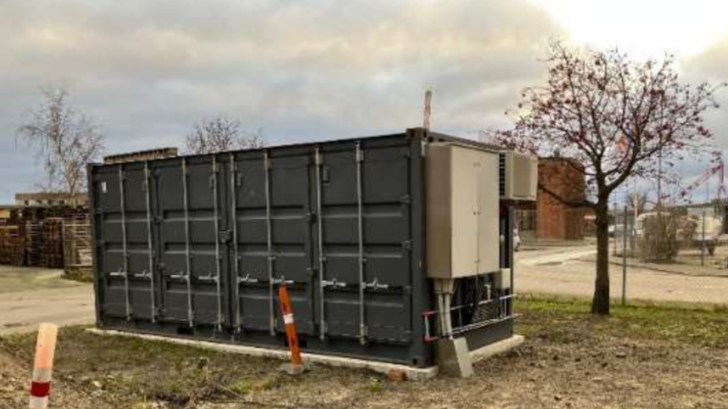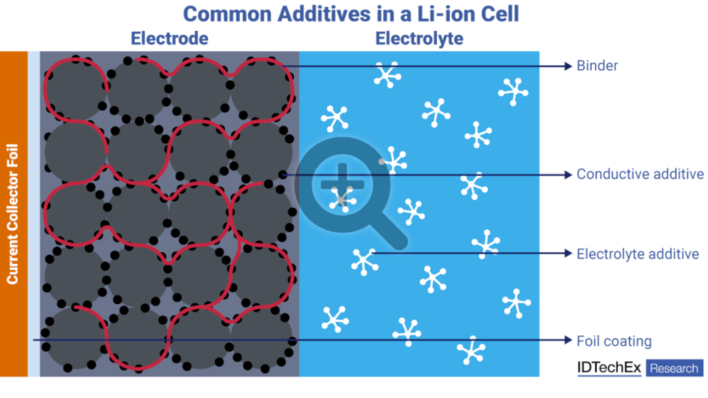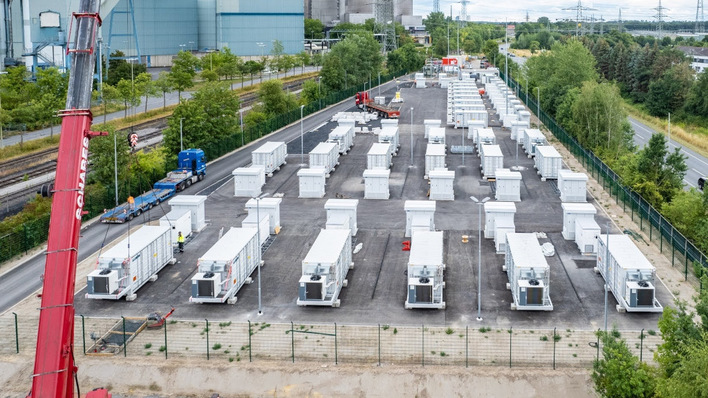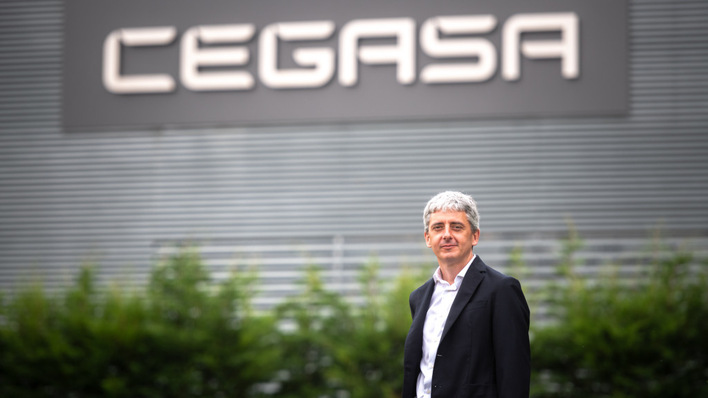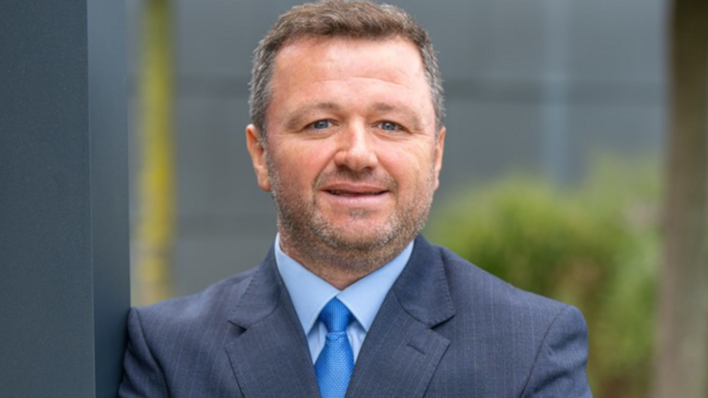The project aims to showcase a scalable, hybrid energy storage solution that leverages existing plant infrastructure to lower the cost of deploying energy storage.
Through this initiative, European partners in the 2LIPP (2nd Life for Power Plants) project will provide proof of concept for a disruptive approach to transitioning conventional power and combined heat and power plants for effective operation within a renewable energy grid.
Bavarian nuclear plant site repurposed for battery storage
The first technology has already been successfully delivered: a system of 18 second-life lithium-ion car batteries, developed by PLS Energy Systems (Sweden). Compactly housed in a 20-foot container, this solution not only extends the life of car batteries but also provides an efficient, space-saving method for storing energy.
Further storage technologies
Two additional technologies are set to be deployed in the next phases of the project:
- Flywheel technology (by QuinteQ, Netherlands) – designed to enhance grid stability by quickly responding to fluctuations
- Molten salt storage (by Hyme, Denmark) – providing long-term energy storage capacity to ensure consistent supply during periods of renewable variability
Combined, these technologies will demonstrate how advanced storage is an important component of a resilient, flexible and decarbonised energy system. The project is co-funded by the European Union under the Horizon programme. (hcn)
Solar Investors Guide: Long-term storage with iron flow technology


